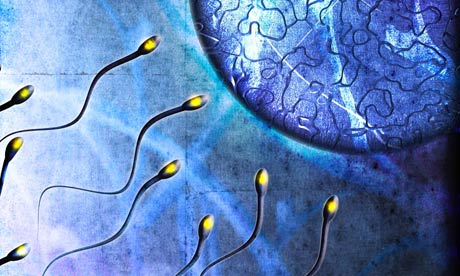Louise Brown, pictured with her son, was the world's first test tube baby
Five Millionth 'Test Tube Baby' -- BBC
Five million "test tube babies" have now been born around the world, according to research presented at a conference of fertility experts.
Delegates hailed it as a "remarkable milestone" for fertility treatments.
The first test tube baby, Louise Brown, was born in the UK in July 1978. Her mother Leslie Brown died last month.
However, delegates at the conference in Turkey warned couples not to use fertility treatment as an "insurance policy" if they delayed parenthood.
Read more ....
My Comment: Someone is keeping count?





